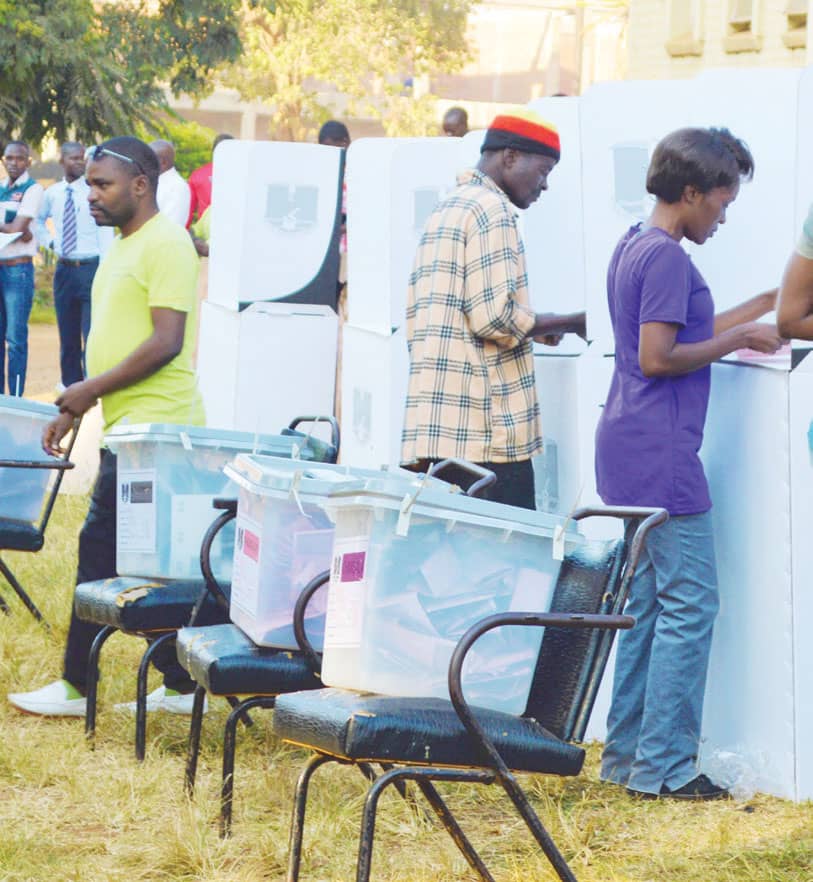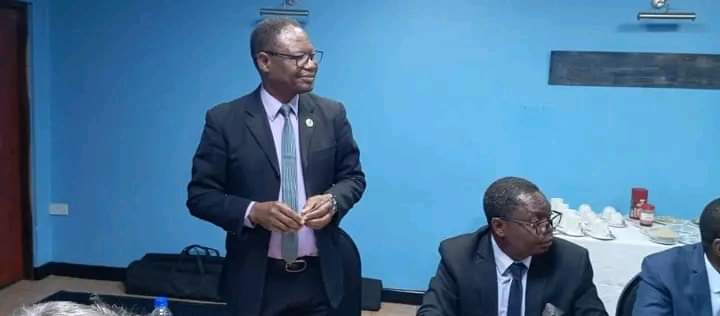By Burnett Munthali
On Friday 3 January 2025, an ordinary errand turned into an unexpected encounter with public sentiment about the current political climate in Malawi. I had gone to Airtel offices to replace my lost SIM card when I inadvertently dropped my voter’s certificate near the counter. Upon realizing it was missing, I retraced my steps and found it lying on the floor. Picking it up, I muttered to myself, “Chikwanje changa ndakupeza iwe ndikudikira September” (My weapon, I’ve found you; I’m waiting for September).
This small, private moment unexpectedly drew the attention of other customers, sparking an impromptu discussion about the upcoming 2025 presidential election and the state of the nation under President Lazarus Chakwera’s administration.
The remarks from the strangers were resoundingly critical of the Chakwera-led Malawi Congress Party (MCP) government. Many expressed frustration over the hardships they have endured during its tenure, including skyrocketing living costs, unemployment, and what they perceived as a lack of tangible progress.
“September seems too far to wait to vote out this government,” one customer lamented, echoing the frustration of others who felt they had endured enough struggles under the current administration. The general consensus was that the MCP government had not lived up to the promises it made during its campaign, leaving citizens disillusioned and eager for change.
Amid the discussion, a woman turned to me and asked pointedly, “Are you not one of those chanting ‘boma ndi lomweli’?” The question, fueled by the fact that I was wearing a red t-shirt—a color closely associated with the MCP—was an ironic reminder of how political affiliations can often be assumed based on outward appearances.
I clarified that my t-shirt was simply an outfit for the day, and not a statement of allegiance. This lighthearted response elicited a few chuckles, but it also underscored how deeply politics permeates everyday interactions in Malawi.
This seemingly small incident highlights a larger reality: the discontent brewing among Malawians. With the 2025 elections on the horizon, discussions like the one at the Airtel office are becoming increasingly common. People are vocal about their frustrations, and their eagerness for change is palpable.
The voter’s certificate, a symbol of civic duty and political power, served as a reminder of the upcoming opportunity to shape the nation’s future. It also emphasized the weight of responsibility that lies with both voters and leaders.
As we inch closer to the next election, it is clear that Malawians are yearning for leadership that delivers on promises and alleviates their struggles. The question remains: will the current administration address these concerns in time, or will it face the judgment of a frustrated electorate come September?
For now, the mood in the country is one of anticipation, reflection, and, above all, hope for a better tomorrow. My brief interaction at Airtel today was just a snapshot of a broader national sentiment—a sentiment that will undoubtedly shape the political landscape in the months to come.




